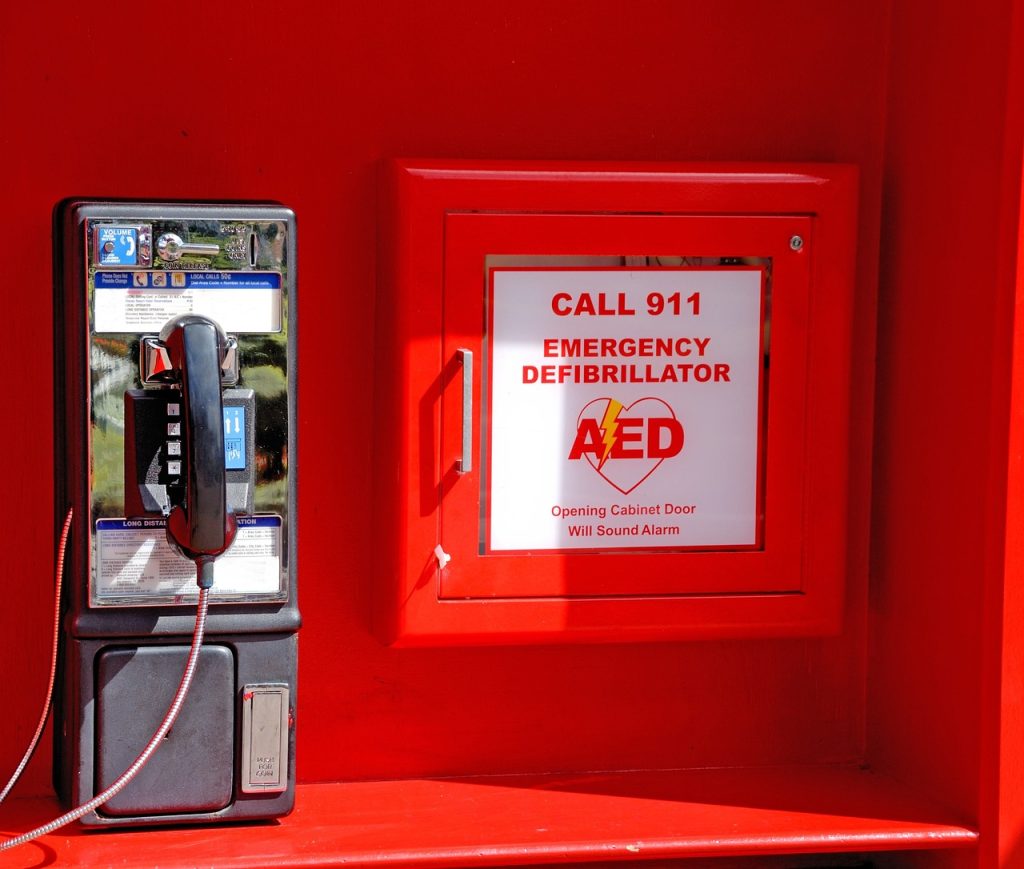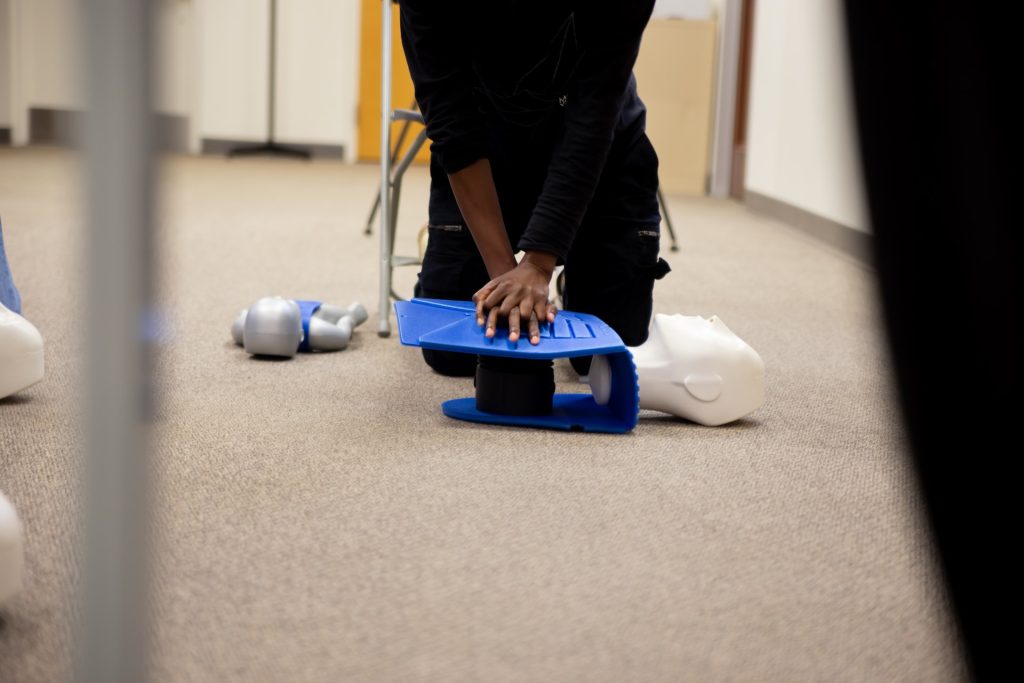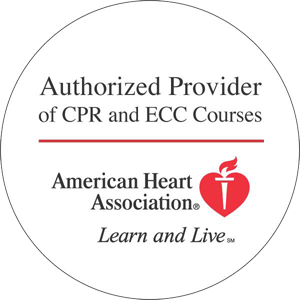HeartCert is excited to announce that we are now offering Certified Nursing Assistant training courses in Northfield, MN! With the continued shortage of essential health care workers throughout Minnesota, we hope this new location will help more people become trained, certified, and employed as certified nursing assistants, or CNAs.

What is a Certified Nursing Assistant?
Certified nursing assistants provide essential care in a variety of settings, including nursing homes, adult care facilities, hospitals and private residences.
CNA job responsibilities vary somewhat depending on the location, but CNAs can generally expect to perform these duties:
- Assistance with daily care tasks, such as cleaning and bathing, transportation, preparing and serving food, and transferring between furniture and mobility devices
- Measuring and monitoring vital signs
- Performing medicare care under the supervision of nursing staff members
- Light cleaning and maintenance
- Providing companionship and comfort
- Other duties as needed
Read: Why Should I Become a CNA?
About the Northfield, MN Certified Nursing Assistant Training Program
HeartCert administers the American Red Cross Certified Nursing Assistant Training Program. The curriculum includes both online and in-person training and testing. It is taught and monitored by experienced nursing professionals.
Students will find the curriculum comprehensive, rigorous, and challenging – but rewarding. You will be fully trained, certified, and ready to work after just two weeks!
To learn more about our nursing courses in Northfield or any of our other locations, visit the CNA program page on our website, or give us a call!
HeartCert CPR is your trusted training partner for CPR, ACLS, PALS, EMR, First Aid, CNA, IV, EKG and more.
HeartCert CPR courses include CPR/AED/First Aid, Basic Life Support (BLS), Advanced Cardiac Life Support (ACLS), Pediatric Advanced Life Support (PALS), Certified Nursing Assistant training, IV training, EKG training, babysitter basics and more. Courses and certifications from both the American Heart Association and American Red Cross are available.
We are now offering virtual CPR courses and certifications. We offer safe in-person courses at all HeartCert locations throughout the United States, including our headquarters, HeartCert CPR Eagan.








